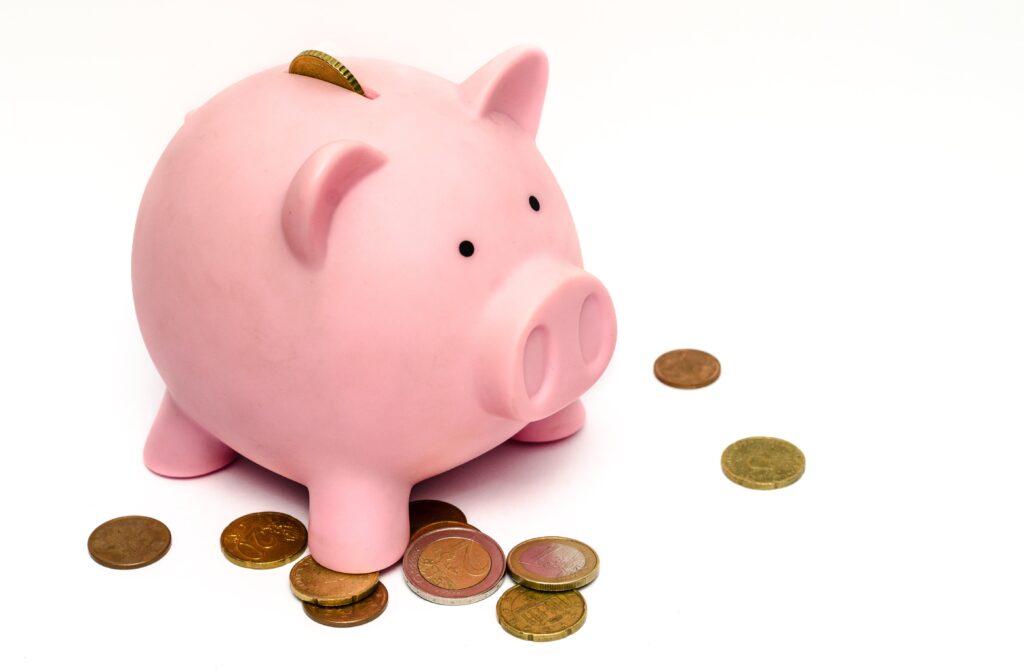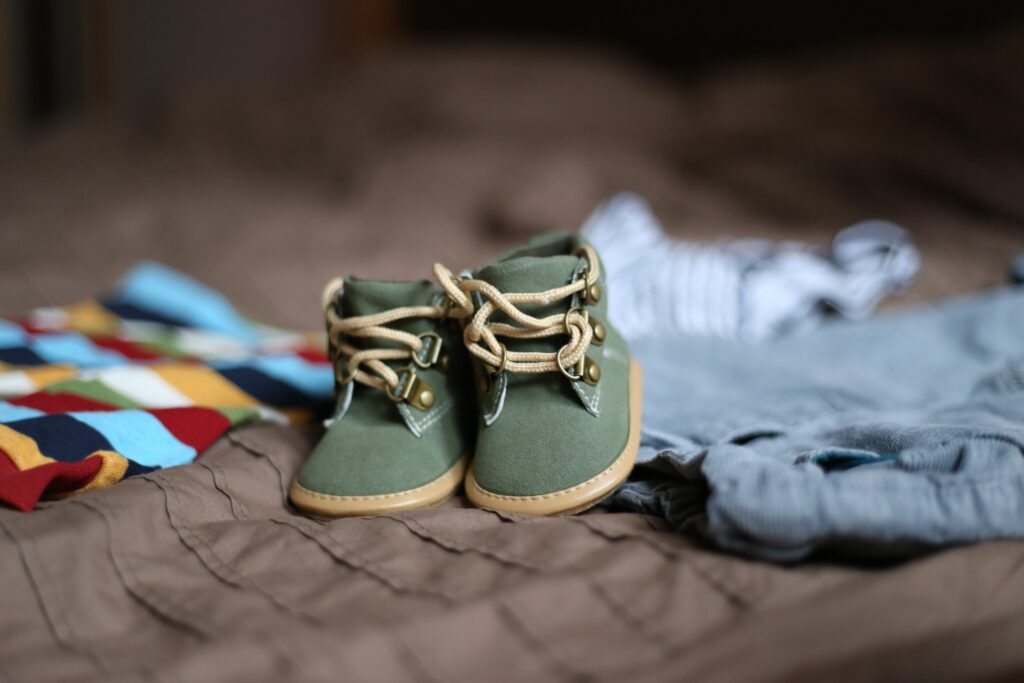Before your new family member arrives, it is best to prepare financially as well. As much as the new bundle of joy will bring a new type of happiness into your life, you should also be prepare financially. Some baby related things cost a lot more than you think nowadays.

As a new parent, it’s important to create a financial plan to ensure that you are prepared for the expenses that come with raising a child. Beginning with understanding your current financial status, you can prepare to build forward. The plan does not need to very fancy, but just help you understand how the baby may impact your financials.
Here are some tips to help you get started:
Create a Budget
The first step in creating a financial plan for your baby is to determine how much money you have coming in and going out each month. This in the financial world is called ‘cash flow.’ Your primary income stream(s) should be identified and try to ensure your outflow, or spending, is less than the income. This will help you identify areas where you can cut back and save money. Sometimes you realize that there are unnecessary expenses that are not needed.
It is also recommended to have savings before this phase. Try not to expend your savings to keep up with your monthly expenses. Rather, find some many to put into the savings.

Save For Emergencies or Rainy Days
It’s a good idea to have a financial cushion or buffer in case of emergencies, such as unexpected medical bills or a loss of income. It could be plumbing repair or car issue as well. Consider setting aside money in a savings account specifically for these types of situations.
Prepare For Baby Necessities
The expenses for your baby can add up quickly. Having regular funds for baby necessities is at most importance. There are large item purchases such as strollers, cribs, playpens and more. Then there are regular purchases such as diapers, formula, and clothes . . . these are only the tip of the iceberg. Checkout our list of baby necessities.

Plan For Future Expenses
Babies grow quickly and their needs change rapidly, so it’s important to plan for future expenses, such as childcare, education, clothes, shoes, and extracurricular activities. The toys and entertainment requests will grow with the child as well.
Consider An Education Fund
Saving for your baby’s future education can start almost immediately. Most banking institutions, mutual fund groups, and even financial planners have varying options to prepare for when your baby goes to college or university. It is best to start as early as possible considering the funds grow on compound interest. Consider speaking to your banking institution to start and even shop through other financial planners. Nowadays, you can even self-invest into auto-managed funds.
Consider Life Insurance
If you and your partner both work, it’s a good idea to consider getting life insurance to protect your family’s financial future in case something happens to one of you. Plans can range from payouts after death and can even cover terminal critical illness depending on your choice. It is best to shop around to consider your options to fit your needs.
Take Advantage of Tax Breaks
As a parent, you may be eligible for certain tax breaks and credits, such as the Child and Dependent Care Credit and the Earned Income Tax Credit. Depending on your state, province, or country, you may also receive income tax credits as well. Be sure to check this for your location.
Save For Retirement
Don’t forget about yourself! It’s never too early to start thinking about your retirement. Even if it seems far off, it’s important to start saving for it now so that you can ensure a secure financial future for you and your family. As mentioned earlier, the sooner you start a fund the more opportunity it has to grow over time.

By considering the tips listed here, you can start to create a solid financial plan that will help you provide for your family and give you peace of mind as you grow your family.









Trackbacks & Pingbacks
[…] Checkout our article about a baby budget. […]
Comments are closed.